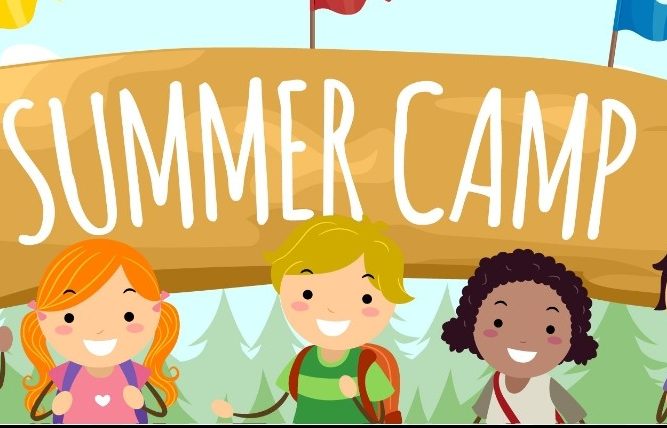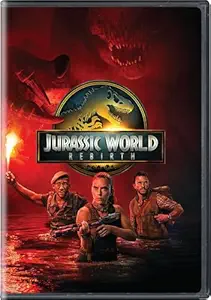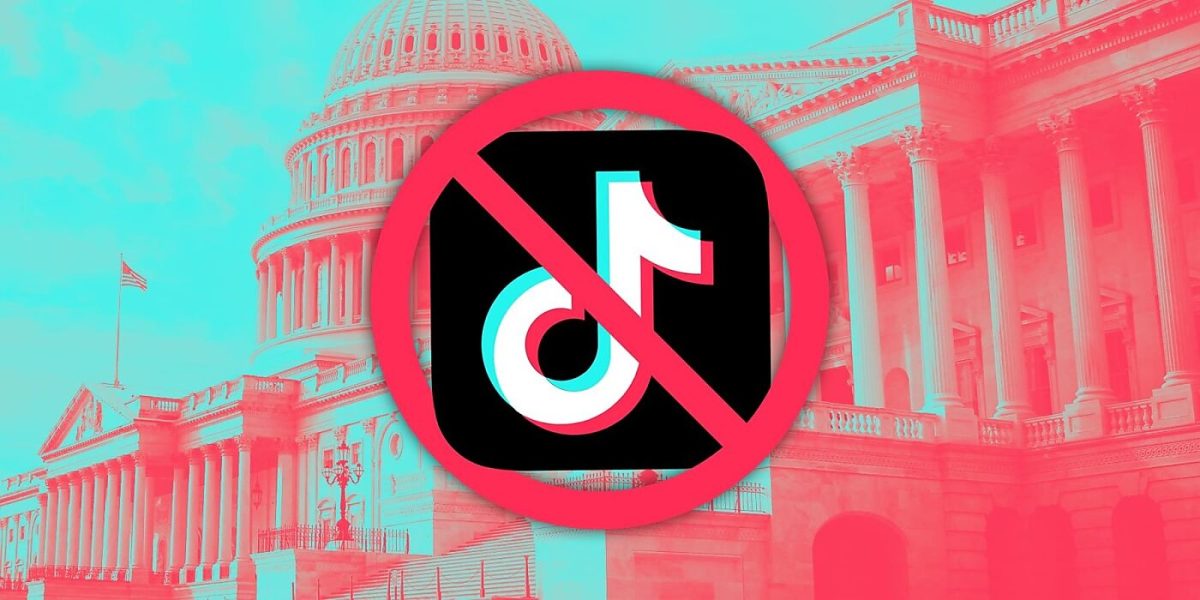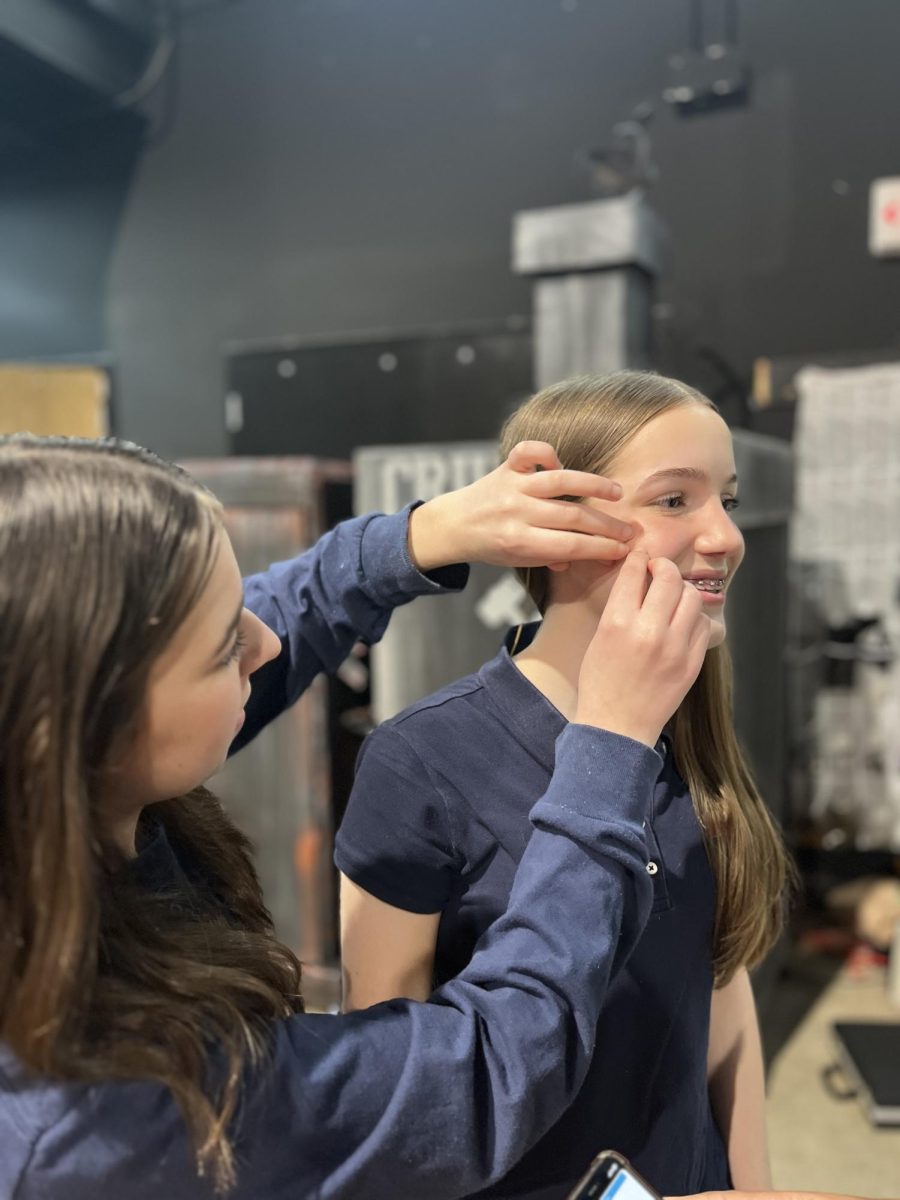Climate Crisis: Everything the High Schooler Needs to Know
January 31, 2023
Climate change is a massive problem that will have a lasting impact on planet Earth, yet it remains unaddressed. Any hope of preventing the already treacherous issue lies with us, the next generation. Here is everything the high-school student needs to know about climate change.
Whether you’re watching Fox News or CNN, you’re bound to hear the words “climate change.” They’re everywhere- on the cover of magazines, in every politician’s mouth, at the inevitable Thanksgiving dinner discussion. But very few know what the two words actually mean. The concept itself is very complex, but Associate Professor of Environmental Sciences at LSU, Brian Snyder, says it starts with infrared light as it interacts with greenhouse gases:
 “When visible light comes from the sun, it hits all the things around us, right? That’s why we can see. Many of those things that it touches absorb the visible light, and then radiate off infrared light. Think about if you go outside on a hot day in the summer and put your hand over the pavement. You can feel that it’s really hot, right? That is because it is radiating infrared light. And gases in the atmosphere like carbon dioxide, methane, and nitrous oxide interact with these photons of infrared light. So, you’ve got a photon of infrared light coming from the earth, it hits a carbon dioxide molecule and that will cause the carbon dioxide molecule to re-emit that infrared light in a random direction. Sometimes it’ll just be re-radiated up, it’ll go right back up out into space. And other times, it’ll come down to Earth.”
“When visible light comes from the sun, it hits all the things around us, right? That’s why we can see. Many of those things that it touches absorb the visible light, and then radiate off infrared light. Think about if you go outside on a hot day in the summer and put your hand over the pavement. You can feel that it’s really hot, right? That is because it is radiating infrared light. And gases in the atmosphere like carbon dioxide, methane, and nitrous oxide interact with these photons of infrared light. So, you’ve got a photon of infrared light coming from the earth, it hits a carbon dioxide molecule and that will cause the carbon dioxide molecule to re-emit that infrared light in a random direction. Sometimes it’ll just be re-radiated up, it’ll go right back up out into space. And other times, it’ll come down to Earth.”
As more greenhouse gases (primarily carbon dioxide, methane, and nitrous oxide) flood the atmosphere, more infrared light remains trapped inside the atmosphere, warming the Earth. For reference, the combined land and ocean temperature has increased at an average rate of 0.14 degrees Fahrenheit since 1880. While 0.14 may seem insignificant, Dr. Snyder explains, “There’s a difference between a change in temperature, like in terms of the weather changing, like a hot or cold day here or there, and a change in climate. When you talk about climate, you’re talking about a long-term pattern of temperature and precipitation.”
An average change in temperature over the course of a century is nothing to take lightly. With more heat trapped in the atmosphere by greenhouse gases, glaciers are melting rapidly. This leads to a rise in sea level, putting places like New York, Miami, and New Orleans at risk of flooding. Even more concerning, the change in temperature can affect precipitation. The level of precipitation on the Earth is largely driven by the Hadley cells, which are the winds responsible for the movement of air from the equator to 30 degrees latitude. Basically, the warm, wet air at the equator rises to 30 degrees latitude where it loses its warmth and moisture. Air from the 30 degrees latitude then moves to fill in the vacant spot at the equator. This cycle of convection is continuous, leaving the equator wet and warm and 30 degrees latitude dry and cold. So how is this affected by climate change? When temperature increases, the Hadley cells are, “…thrown into overdrive,” says Dr. Snyder, “Basically, the wet get wetter, the dry get drier, that’s what I always tell my students.” This is such a concern because precipitation can have dramatic impacts on crop yields. There are eight billion people in the world who depend on rainfall to grow their food. If the Hadley cells are disrupted, that may become increasingly difficult.
The gases that are warming the planet’s atmosphere, predominantly carbon dioxide, methane, and nitrous oxide (or more commonly called greenhouse gases), do occur naturally. However, humans are emitting massive amounts of these gases into the atmosphere. Carbon dioxide is released when fossil fuels, which are made of carbon, are burned and reacted with oxygen. Fossil fuels like coal, natural gas, and oil are used to heat homes, power electricity, and fuel cars. Another major greenhouse gas, methane, is released from agriculture, specifically cattle. In 2021, 34 million cattle were raised for consumption in the United States. Cows release massive amounts of methane when they, for lack of better words, poop and burp. Additionally, nitrous oxide is released when fertilizers are put on fields.
Despite a concerning increase in average annual temperature, and the known consequences of said increase, humans are unlikely to stop emitting greenhouse gases. Dr. Snyder says this is a result of, “decades of misinformation that politicians and fossil fuel companies have put out to make people think that climate change is either not a big deal or that we don’t know very much about it or that it’s a complete myth. Phosphor companies have spent millions of dollars doing that and they’ve been very effective.” For example, a recent investigation discovered that Exxon Mobile knew about climate change as early as the 1970s but hid the information from the public. Decades of money-making lies and company cover-ups have brainwashed our society, discouraging people from supporting cleaner, more sustainable practices.
The biggest step in decreasing greenhouse gas emissions is addressing fossil fuels. Instead of burning coal and natural gas to produce electricity, we should use renewables like solar and wind power. Additionally, we should stop using oil to power cars and should transition to electric and hybrid cars. Another way to reduce the carbon footprint is a technology called carbon capture, which takes carbon dioxide from the exhaust from factories or power plants and injects it underground. Though these solutions aren’t exactly attainable for the average citizen (most people can’t control where they get their electricity from and may not be able to afford a hybrid car), voting for representatives in the government who recognize climate change and support actions to prevent it is an easy way to help reduce greenhouse gas emissions. Furthermore, the average person can help by traveling less, eating less meat, and simply consuming less of everything. That means if you don’t absolutely need the pair of shoes that was shipped from Vietnam to the United States on a cargo ship that runs on petroleum, then don’t buy them.
Climate change is a serious problem; it will impact the future of human beings on planet Earth. And solving this problem means saying goodbye to greenhouse gases.
















































